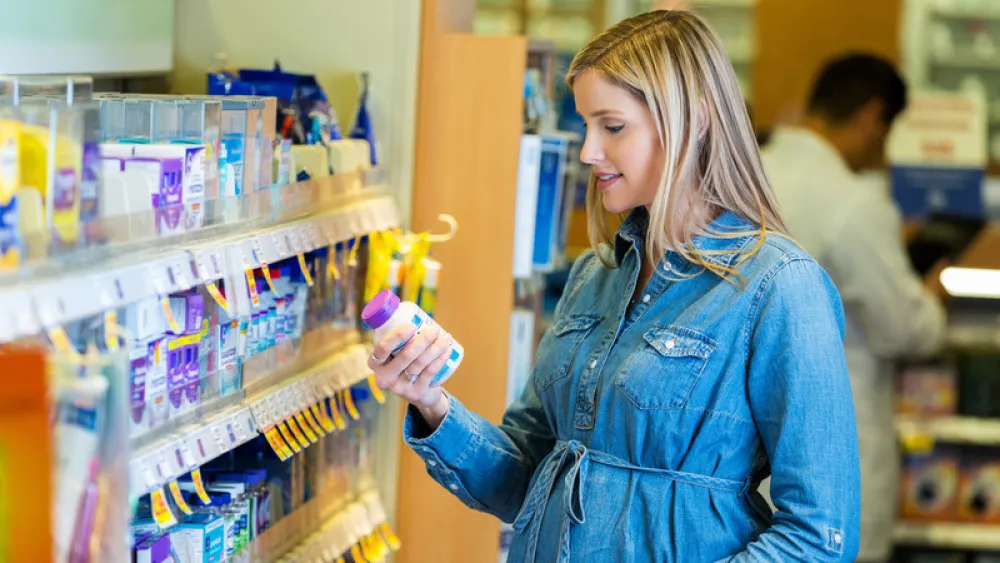The Right Nutrition for a Healthy Baby


One reason
Even if you eat healthily, prenatal vitamins are still an important addition to an expecting mom’s diet.
The number one reason why prenatal vitamins are vital? Folic acid.
“Without enough folic acid there can be issues with the baby and with the pregnancy that pertain to the brain and spine,” said Dr. Rachel Swim, OB/GYN with Methodist Physicians Clinic Women’s Center.
Importance of folic acid
Folic acid deficiency can cause severe birth defects known as neural tube defects. Those birth defects include:
- Spina bifida
- Anencephaly
- Some heart defects
Folic acid also plays an important role in the production of red blood cells and in the health of the placenta. That’s why experts say the Recommended Dietary Allowance (RDA) for folate during pregnancy is 600 micrograms/day. Women who have had a baby with a neural tube defect may need a higher dose of folic acid.
“Studies show we don’t get enough folic acid in our diet,” said Dr. Swim. “Taking a vitamin that includes folic acid is important if you potentially could become pregnant. If you are planning a pregnancy or if you’re already pregnant, the prenatal vitamin can provide some of those nutrients that we may not get as well in a diet.”
Avoid an upset stomach
As we all know, a pregnant woman’s stomach can get a little queasy. That’s why prenatal vitamins come in lots of different formats.
“If you’re not able to take prenatal vitamins, you have a few options,” said Dr. Swim, “that includes taking them at night if there are side effects. If you don’t mind a pill, you can try a different brand or there’s some really good gummy ones or chewables. Those really aren’t FDA approved, but you’re still getting nutrients so something can be better than nothing. If none of those things are working for you, take a break for a couple of weeks and then try it again. But overall, focusing on a healthy diet can help get some of those nutrients as well.
What about diet?
A prenatal vitamin is the best source for your daily allowance of folic acid, but of course, a healthy diet is the best way for you to get your nutrients. What foods are good sources of folic acid?
“There are a lot of foods now that have it added,” said Dr. Swim. “Many good cereals have added folic acid. Leafy green vegetables naturally have quite a bit of folic acid as well. Adding some frozen kale or spinach into a smoothie can sneak some of that into your diet as well.”
Protecting your baby by providing its best possible start begins with how you fuel your body during pregnancy. If you want to learn more about a healthy diet during pregnancy, please speak with your Methodist Physicians Clinic OB/GYN or primary health care provider.
Prenatal vitamins video

